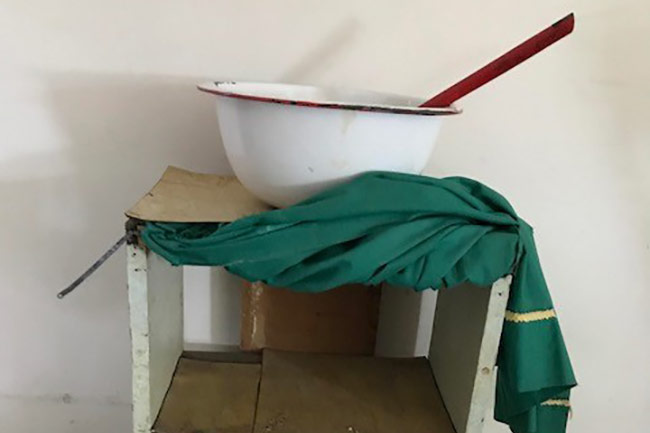by Joani Schultz
There’s a fascination with heritage these days.
I’ve still not succumbed to Ancestry.com or 23andMe. But I know a lot who have. We have an innate desire and curiosity to find out where we came from and how that might enlighten us.
After my parents’ death, we discovered an old, rickety crate. My mom had saved the dilapidated thing for nearly half a century. She’d kept is as a strange shrine of sorts to remind us of our origins and how God had blessed us through hardship. I used to be embarrassed of my dirt-poor upbringing. It’s hard to imagine these days, but when I was little we didn’t have running water, an indoor bathroom, or coveted store-bought clothes. For eight years I attended a one-room country schoolhouse with a few dozen students. One year hail wiped out all our crops. Our livelihood relied on unpredictable weather. Even though faith permeated our lives, I still compared myself to others. My family was a batch of poor, hardworking, lowly farmers. Life wasn’t easy.
Yet, God used my heritage to shape me and teach me his goodness.
That crate became a memoir of grit. Spiritual grit.
We yearn for clues and connections that shape our identity. In the midst of the roller coaster called everyday life, we hardly hear what God says: “I have called you by name; you are mine” (Isaiah 43:1).
It’s so easy to forget our origins. We compare ourselves to others and forget who we’re connected with—especially when we face tough stuff. So, God uses an ingenious plan to grow us into everything we can be.
Romans 5:3-5 says, “We can rejoice, too, when we run into problems and trials, for we know that they help us develop endurance.
“And endurance develops strength of character, and character strengthens our confident hope of salvation. And this hope will not lead to disappointment.”
Rick Lawrence’s new Jesus-Centered book, Spiritual Grit, communicates how Jesus gives us spiritual resilience in everyday, practical ways.
The pages resonated with me when he wrote, “Tough stuff is like a crowbar in the hands of a Jesus who is bent on renovating our fixer-upper souls.”
My mom knew what she was doing when she saved that crusty crate. It stands as a proud reminder of the tough stuff that transformed me.
Let your tough stuff and Jesus transform you
Now I realize all the “tough stuff” of my past was actually good—not just hard, painful, and embarrassing. It’s actually made me stronger.
The book Spiritual Grit says, “A typical health club has two or three dozen types of fitness machines designed to strengthen a diversity of body parts. No matter what muscle group it targets, every machine uses resistance to build strength. If we do not experience resistance when we’re working out, we’re not going to get stronger. Hard = Good.”
Hard = Good.
So, instead of hiding your “crate,” bring it out into the open. Celebrate your heritage of hardships.
1. Choose your reminder.
It can be a physical symbol, a mental picture, or a description:
Is it a less-than-idyllic childhood? Poor choices along the way? Broken relationships? Chronic pain—physical, emotional, economical? Church disappointments? Family blowups? Job failures? Past or present messes? Health issues? God knows our list of tough stuff doesn’t end.
2. Ask Jesus some questions.
Why does that memory pop into your head? Why do you think it’s shaped you? How has God used it to strengthen you? What hope has it brought you?
3. Give God thanks for what’s brought you grit.
Instead of bemoaning when hard things come, give thanks. God’s process of transformation has come your way.
Here’s the poem I attached to the crate picture I gave my sister and the family who bought the farm from my folks.
Humble Beginnings
This stand’s a symbol of work on the farm—
Not meant to be fancy or too full of charm.
Its practical nature made use of a crate
To hold Hulda’s basin to wash up—worked great!
A long-kept reminder from whence parents came,
To never forget what’s no longer the same.
“The good ol’ days weren’t all that good,” mom would say
As she pondered the blessings God flooded their way.
Dad loved his farming, the cattle, the land—
That humbly began with this lowly wash stand.



